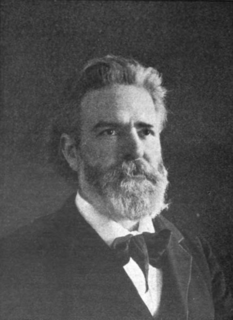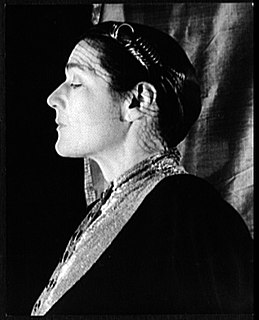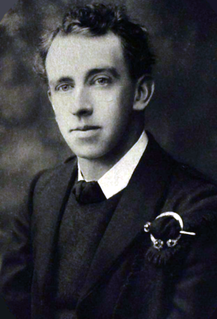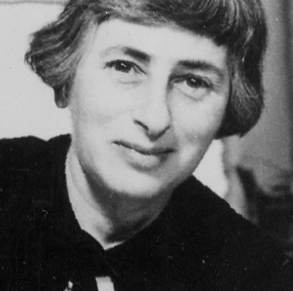A Quote by Edwin Markham
Mr. Rihani is a man of ardent poetic temperament, a clever poet, and a man of unworldly ideals.
Related Quotes
A true poet is more than just a man who can write a poem with a pen. A true poet writes poetry with his very life. A true poet doesn't use poetic devices to con the heart of a woman but uses the beauty of all that is poetic to serve, cherish, and express love to the heart of a woman. Just as a true warrior is not a conqueror of femininity but a protector of femininity, a true poet is not just a wooer of a woman's heart but one who knows how to nurture and plant love in a woman's heart. Simply put, a true poet is a man who knows how to be intimate with a lover - first and foremost with Christ.
Mr. [Aldous] Huxley has been the alarming young man for a long time, a sort of perpetual clever nephew who can be relied on to flutter the lunch party. Whatever will he say next? How does he think of those things? He has been deplored once or twice, but feeling is in his favor: he is steadily read. He is at once the truly clever person and the stupid person's idea of the clever person; he is expected to be relentless, to administer intellectual shocks.
I hate a stupid man who can't talk to me, and I hate a clever man who talks me down. I don’t like a man who is too lazy to make any effort to shine; but I particularly dislike the man who is always striving for effect. I abominate a humble man, but yet I love to perceive that a man acknowledges the superiority of my sex, and youth and all that kind of thing. . . A man who would tell me that I am pretty, unless he is over seventy, ought to be kicked out of the room. But a man who can't show me that he thinks me so without saying a word about it, is a lout.






































